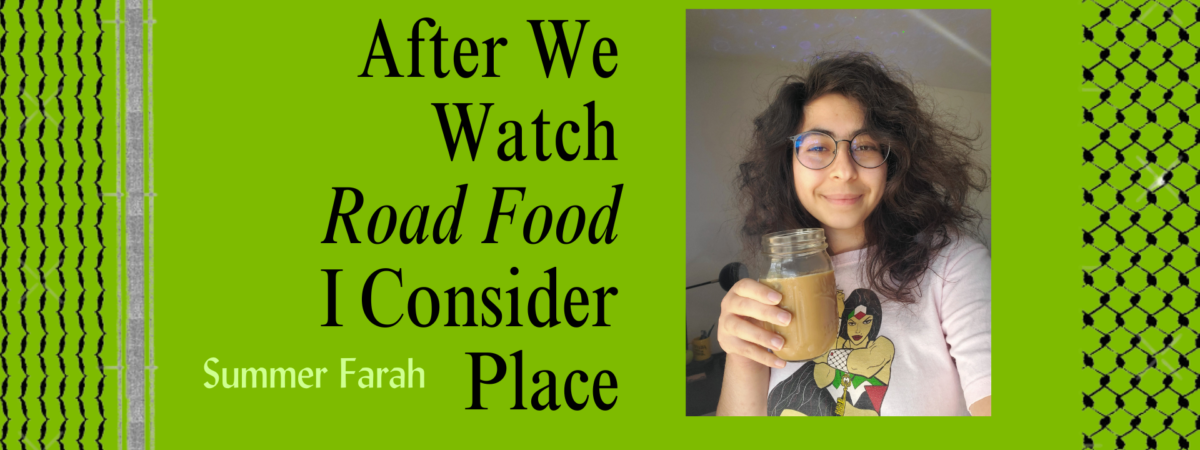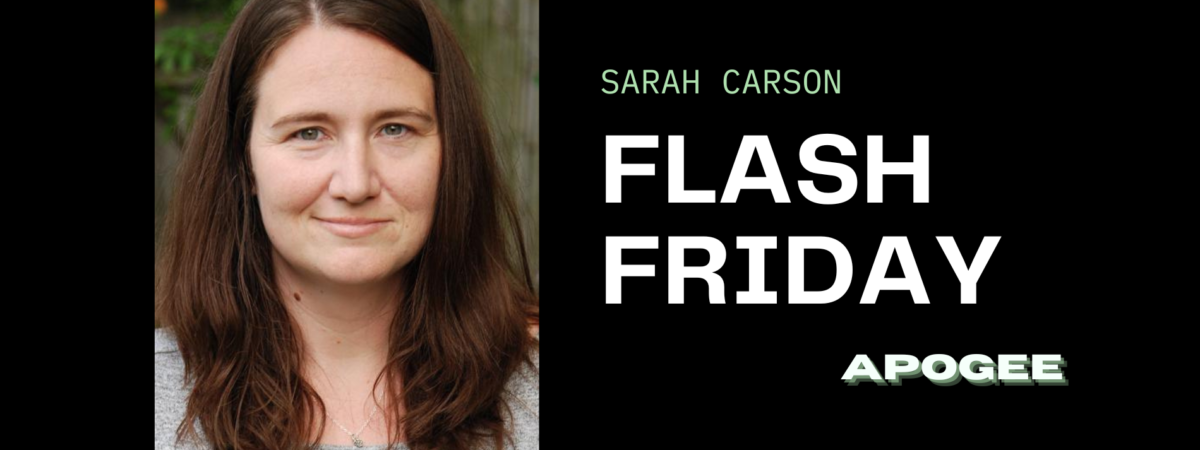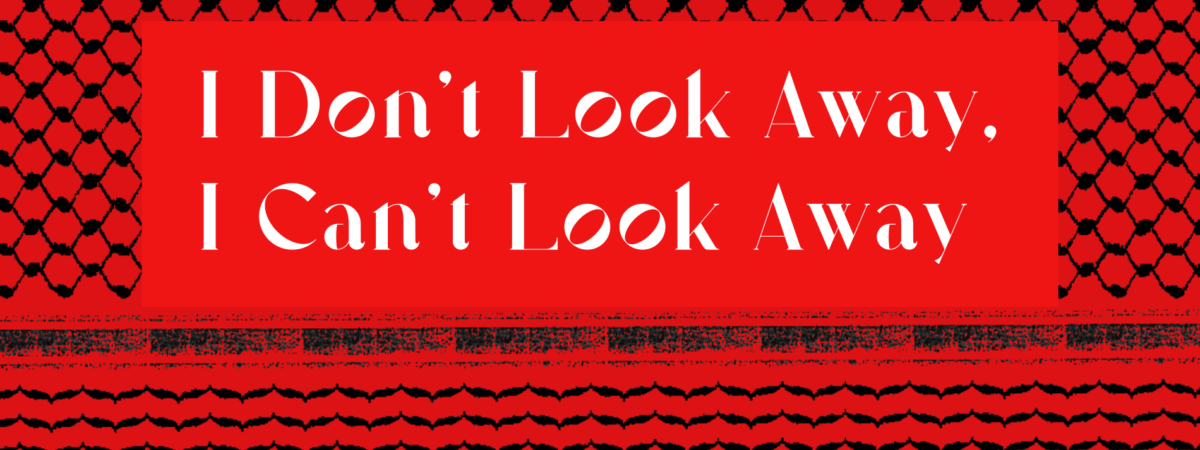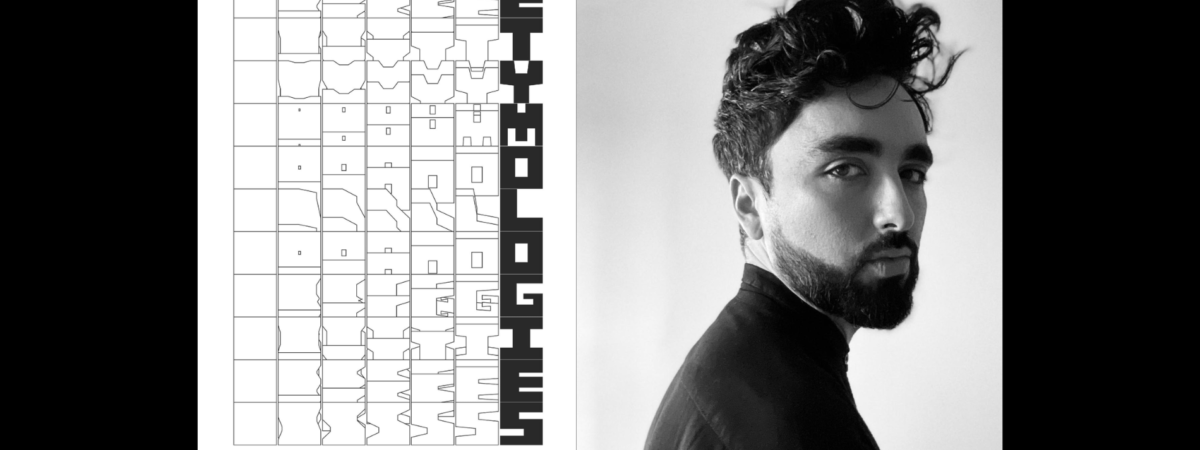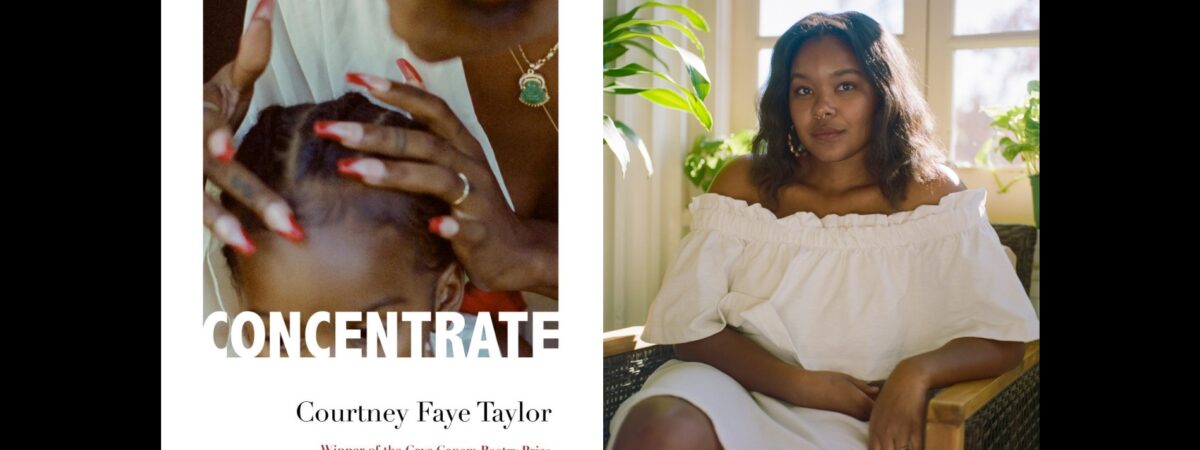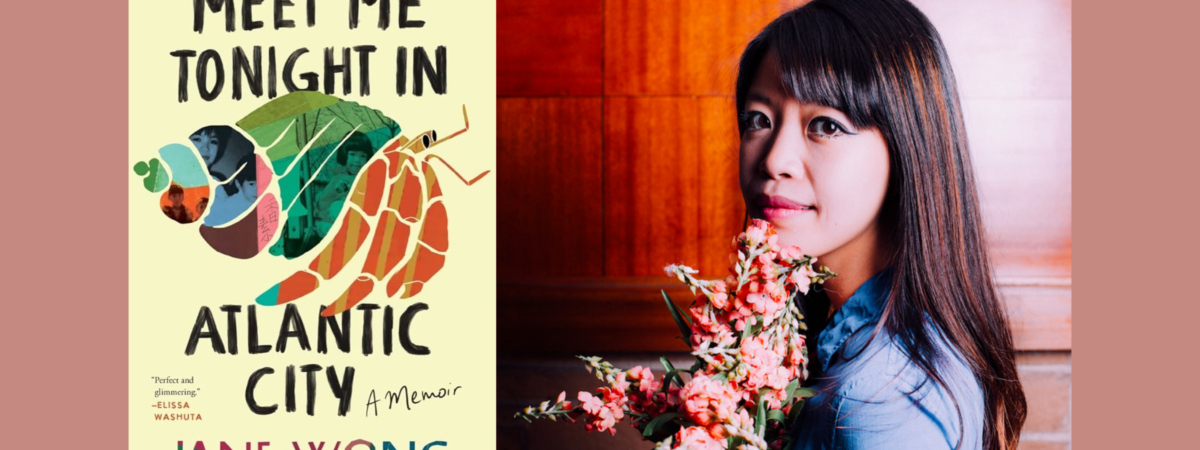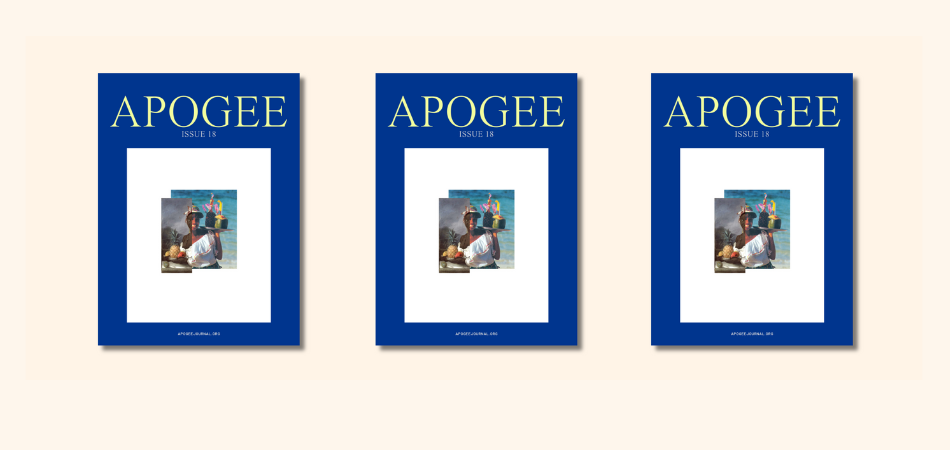AFTER WE WATCH ROAD FOOD I CONSIDER PLACE
There are so many lives I have not let myself live, restless, paradoxical, tripping instead into the imaginations of others. Corrupted. Cruel. I wonder about the life stolen from me. Would I love what I love if I loved it from Palestine?

